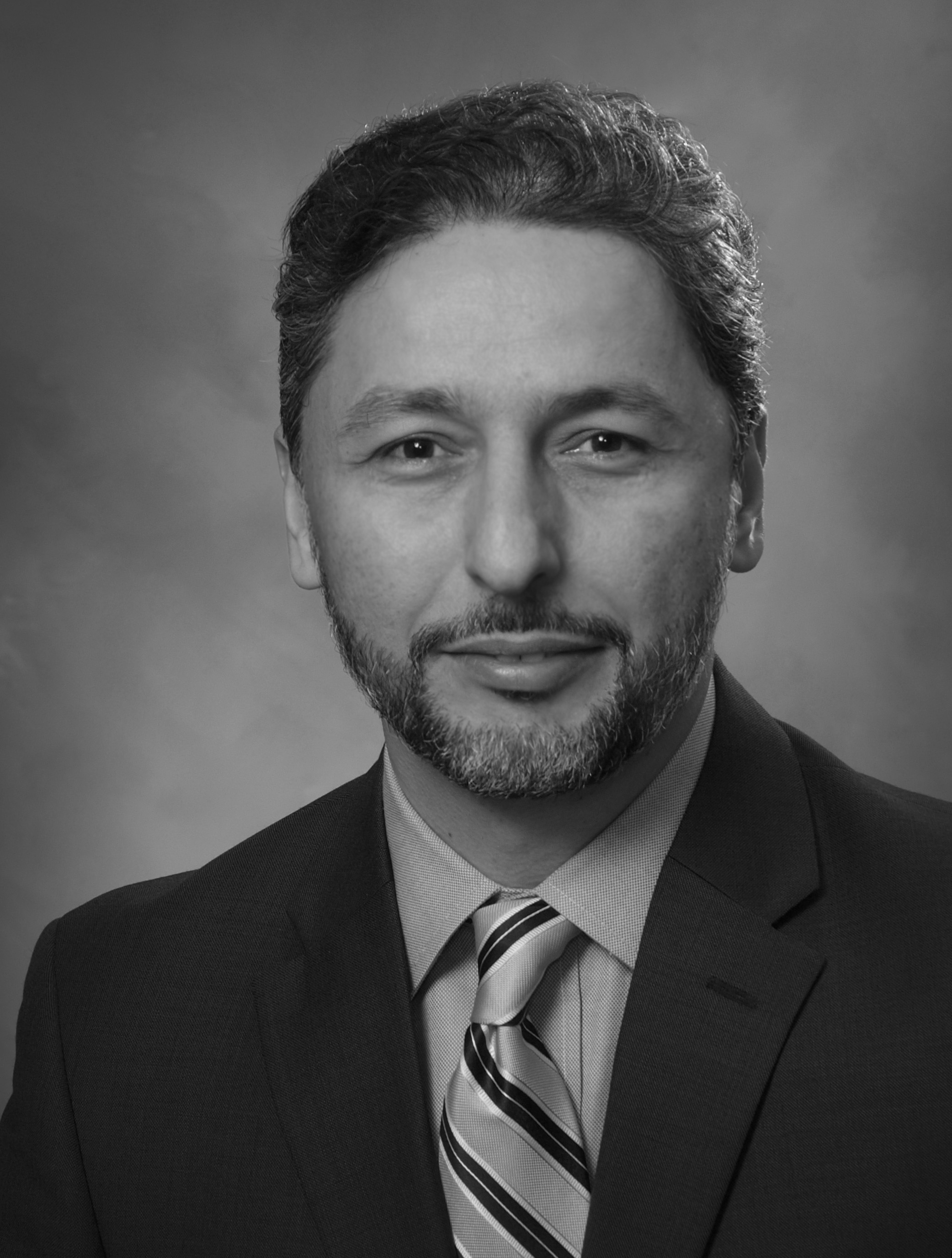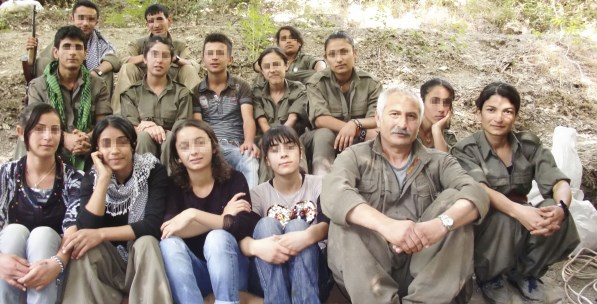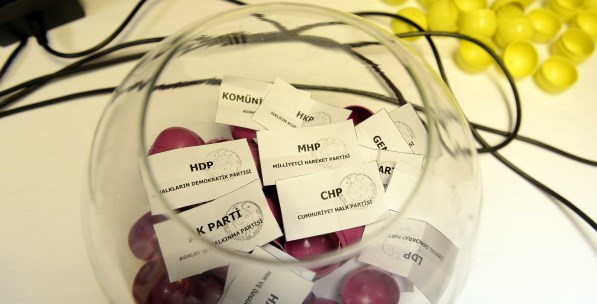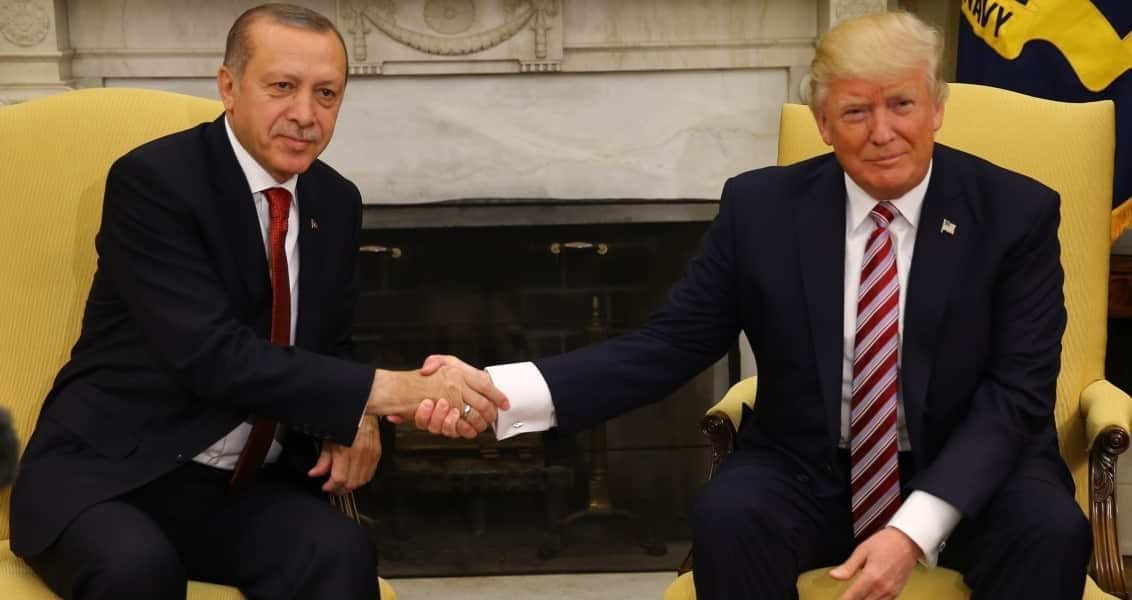Turkey's election cycle continues, as the country heads for a new round of elections this November. Following the June 2015 elections, it proved impossible to establish a coalition government, and now, the caretaker government under Justice and Development Party (AK Party) leadership, is taking the country to "repeat" elections. Despite receiving nearly 41 percent of the vote, the AK Party could not form a single party government because the Peoples' Democratic Party (HDP) passed the national threshold with 13 percent and secured 80 parliamentary seats. The June elections showed that the electorate still saw the AK Party as the only party capable of governing, while denying the ruling party yet another single party government. The wildcard - that is, the HDP passing the national threshold - worked against the AK Party in June. Whether the HDP can surpass the threshold once again in a maximum security political atmosphere will be critical to these next election results.
The AK Party's coalition talks with the Republican People's Party (CHP) yielded no results, and the HDP had ruled out the possibility of a coalition with the ruling AK Party even before the elections. The Nationalist Movement Party (MHP) set preconditions - a definitive end to the Kurdish resolution process, a full investigation of the Dec. 17 and Dec. 25 corruption allegations and the restoration of the traditionally ceremonial role of the president - that made it virtually impossible to even discuss a coalition government. Under these circumstances and after the failure of the coalition talks, President Recep Tayyip Erdoğan tasked Prime Minister Ahmet Davutoğlu to form a caretaker government. During the coalition talks, the opposition parties had either ruled out coalition negotiations (as in the case of the HDP and MHP) or interpreted the election results as a total defeat for the AK Party (as in the case of the CHP).While the political process could not produce a coalition government, the security environment shifted with the Islamic State of Iraq and al-Sham (ISIS) and PKK attacks inside Turkey. As a result, political dynamics heading into this round of elections are significantly different than they were before the June elections, particularly in the wake of the renewed fighting between state security forces and the PKK. In July, the PKK announced the end of a two-year-long cease-fire and resorted to summary executions of security officials. The pretext for the PKK to end the cease-fire was the Suruç bombing that resulted in the deaths of 33 activists. The attack was linked to ISIS, and in its aftermath, Turkey announced that it would participate militarily in the U.S.-led international coalition against ISIS. The PKK claimed, however, that the government was supporting ISIS - a propaganda theme developed ever since the Kobani crisis. The PKK tried to bolster ethnic solidarity among Kurds in Turkey and in Syria for its regional as well as recruitment goals.
Turkey's hesitation to act during the Kobani crisis was linked to questions about the political goals of the Democratic Union Party (PYD) in Syria. The PKK conducted an effective public relations campaign, promoting the idea that the Turkish state was supporting ISIS against the Kurds. This argument found resonance with many Kurds and resulted in dismal results for the AK Party, especially in the Kurdish-majority cities of southeast Turkey. As the country moves into the November elections, the course of the conflict between the security forces and the PKK will undoubtedly have a strong bearing on the Kurdish vote. It will also play a large factor in determining whether the AK Party has the ability to once again be competitive against the HDP in the region.
As a result of the high-security political climate created by the fighting, stability as a theme of the campaign will likely have a significant impact on the election results. The Kurdish vote will be critical, and the AK Party and the HDP will compete for conservative Kurdish votes. However, the electorate in gen









